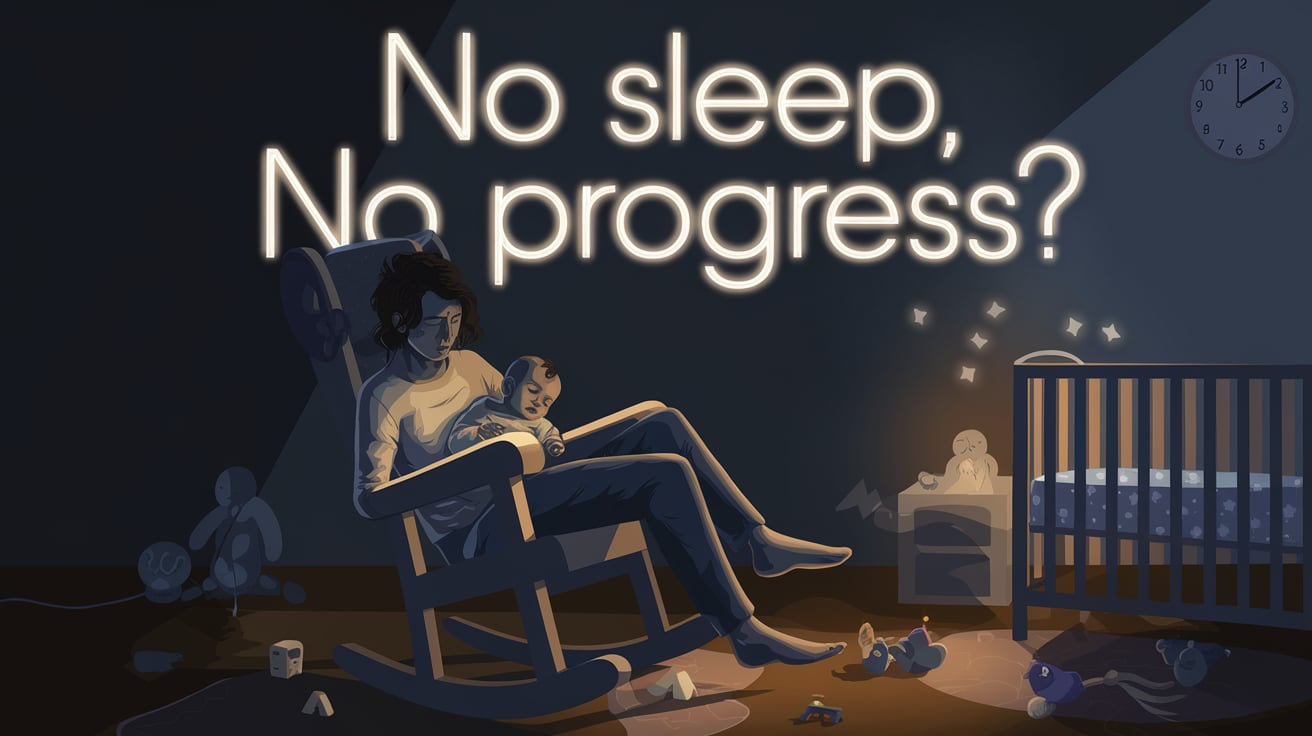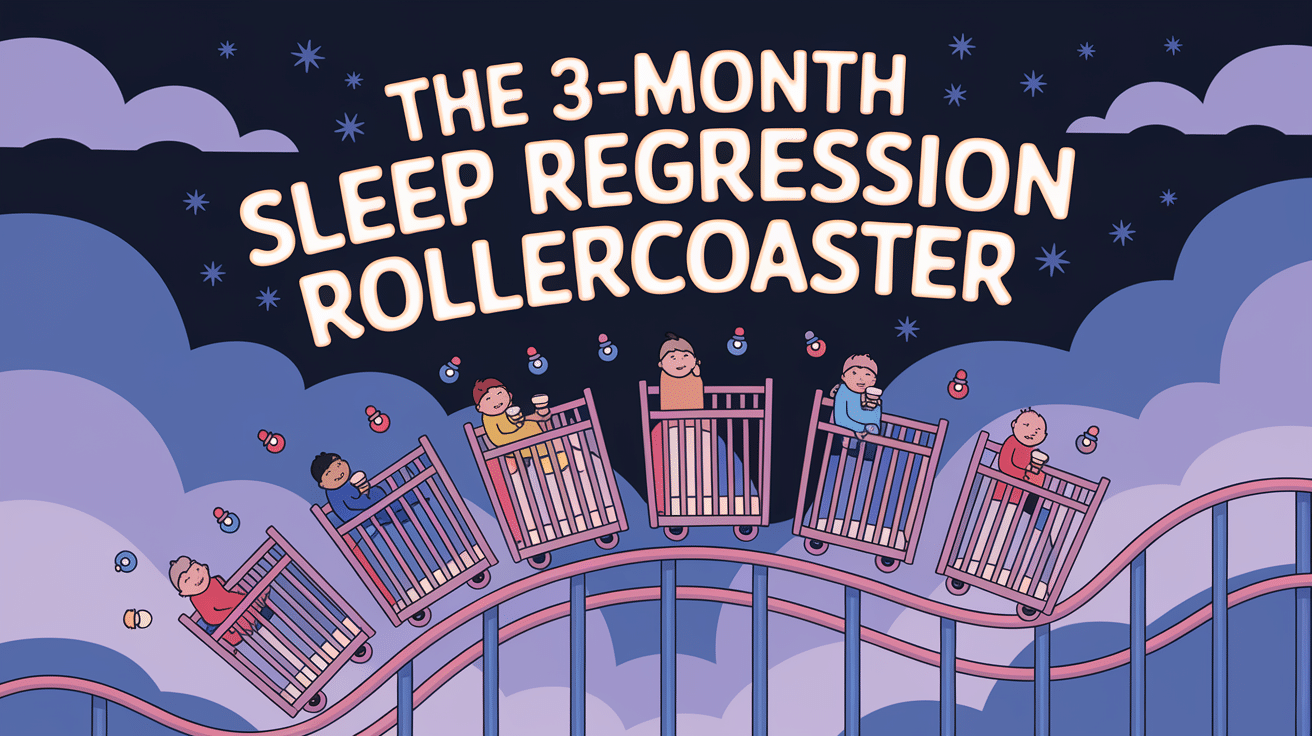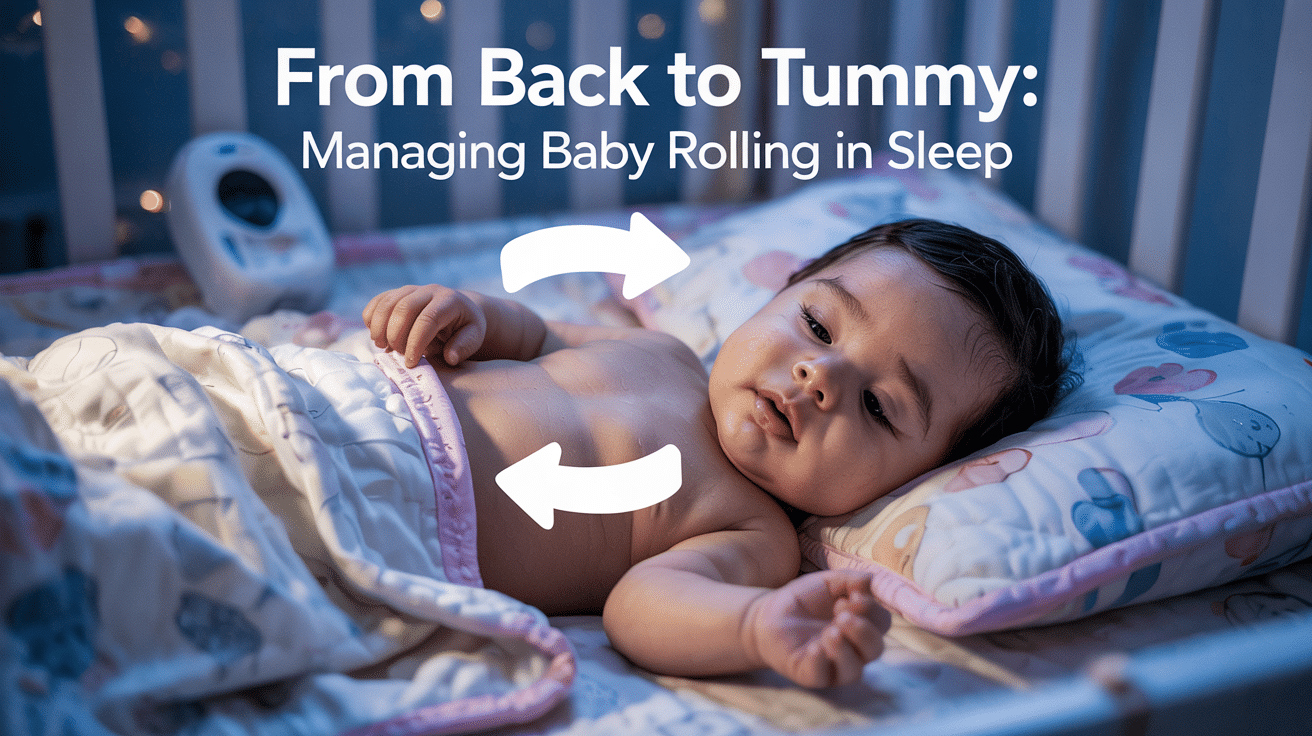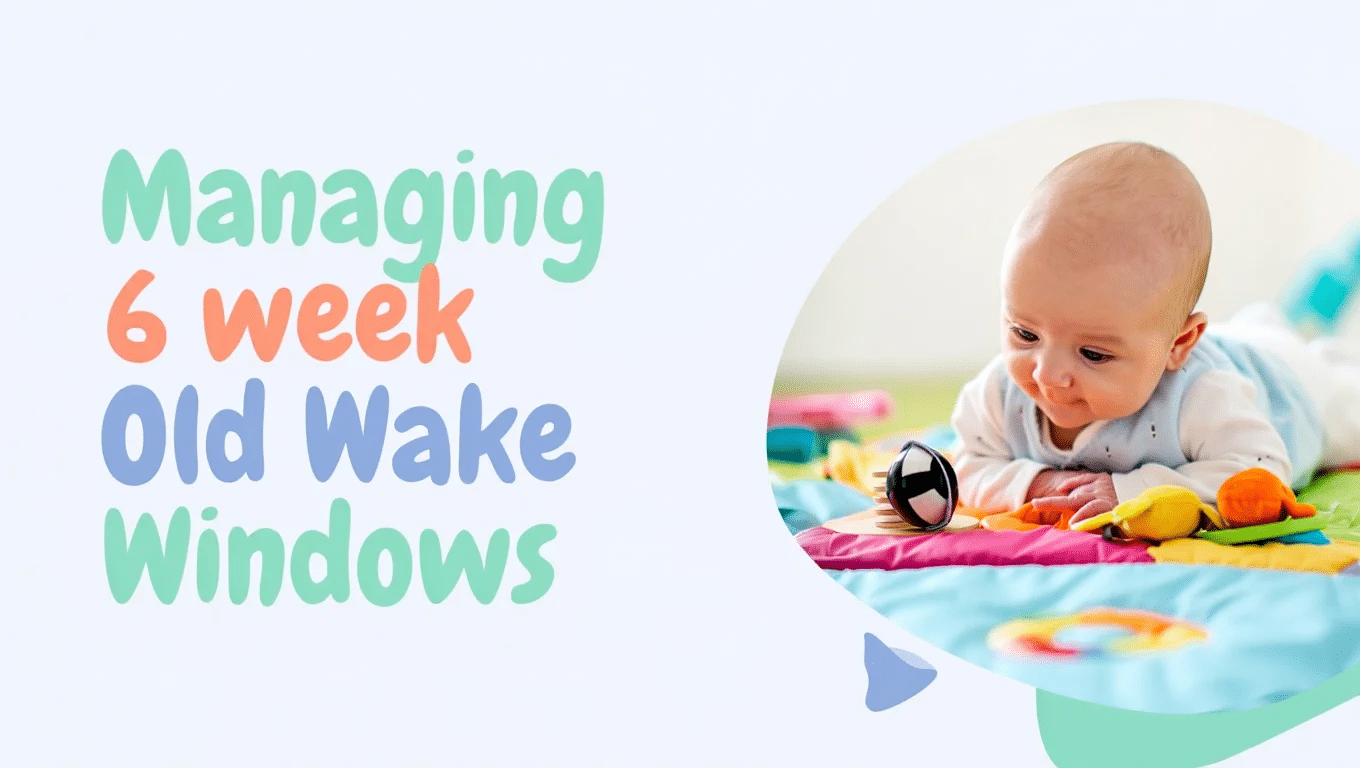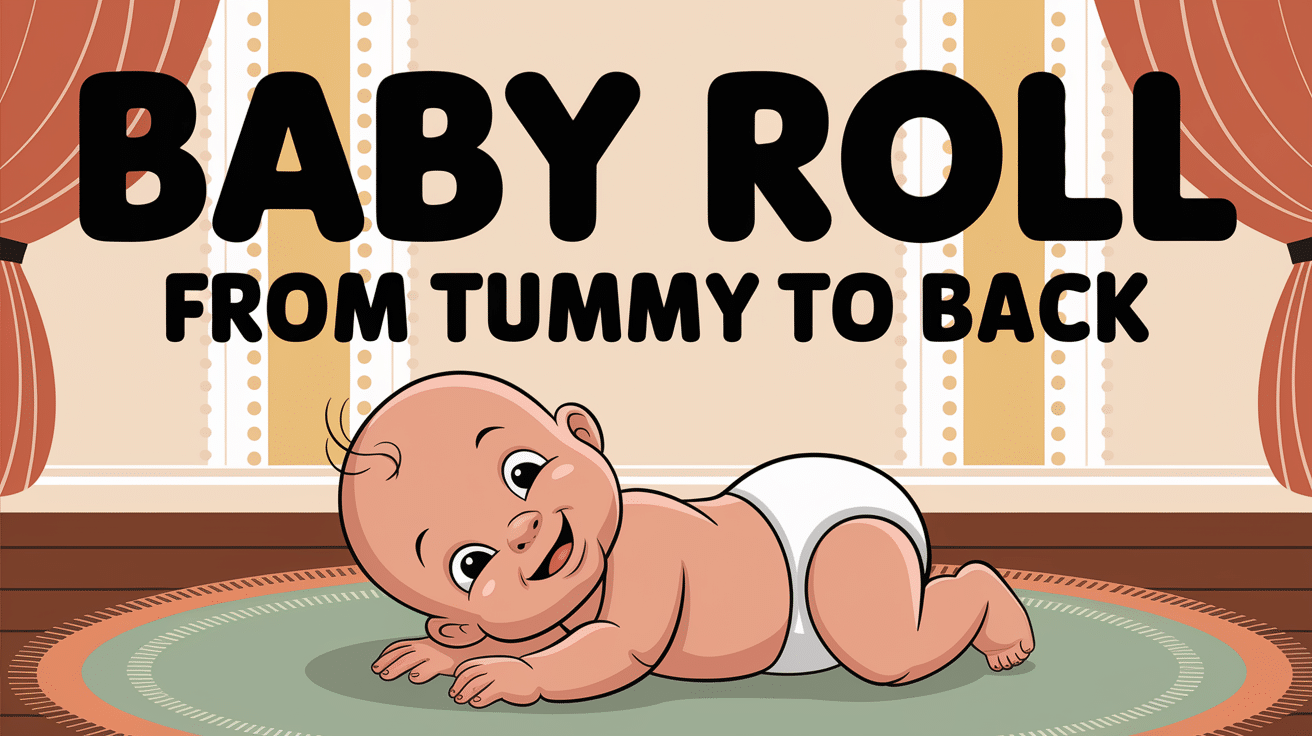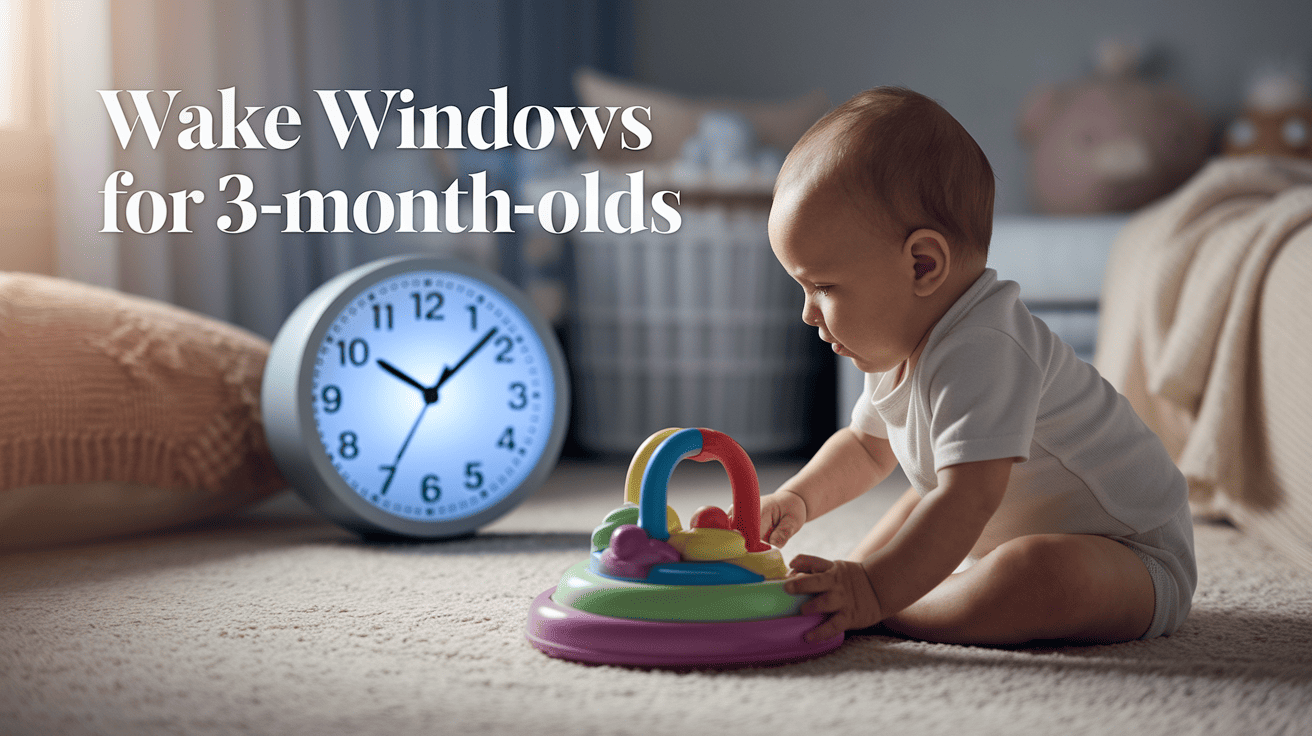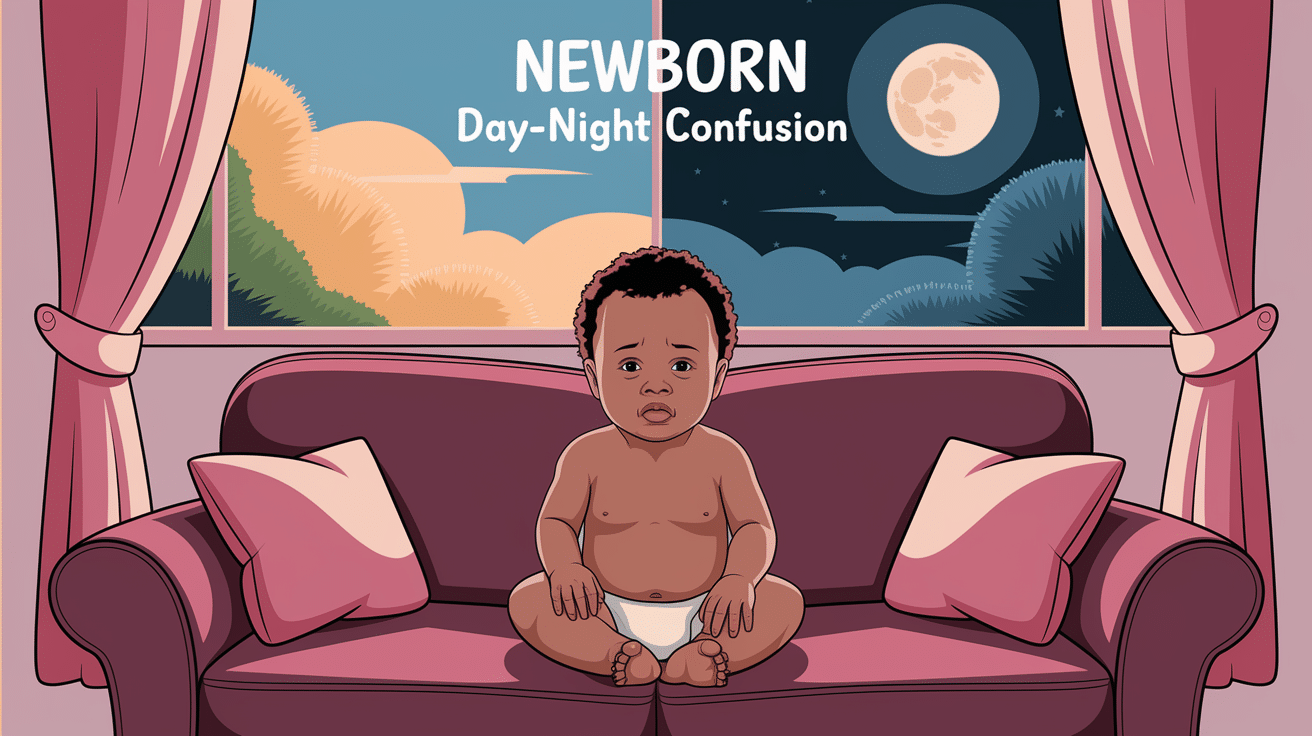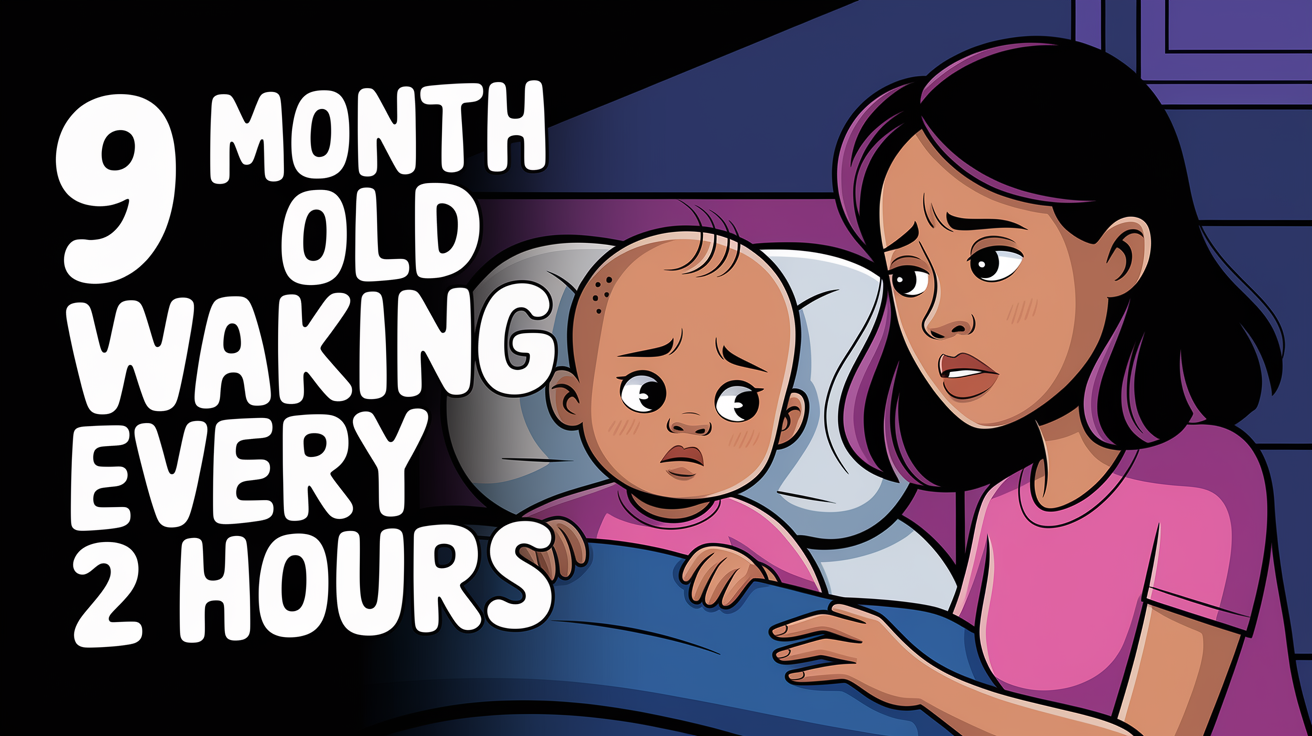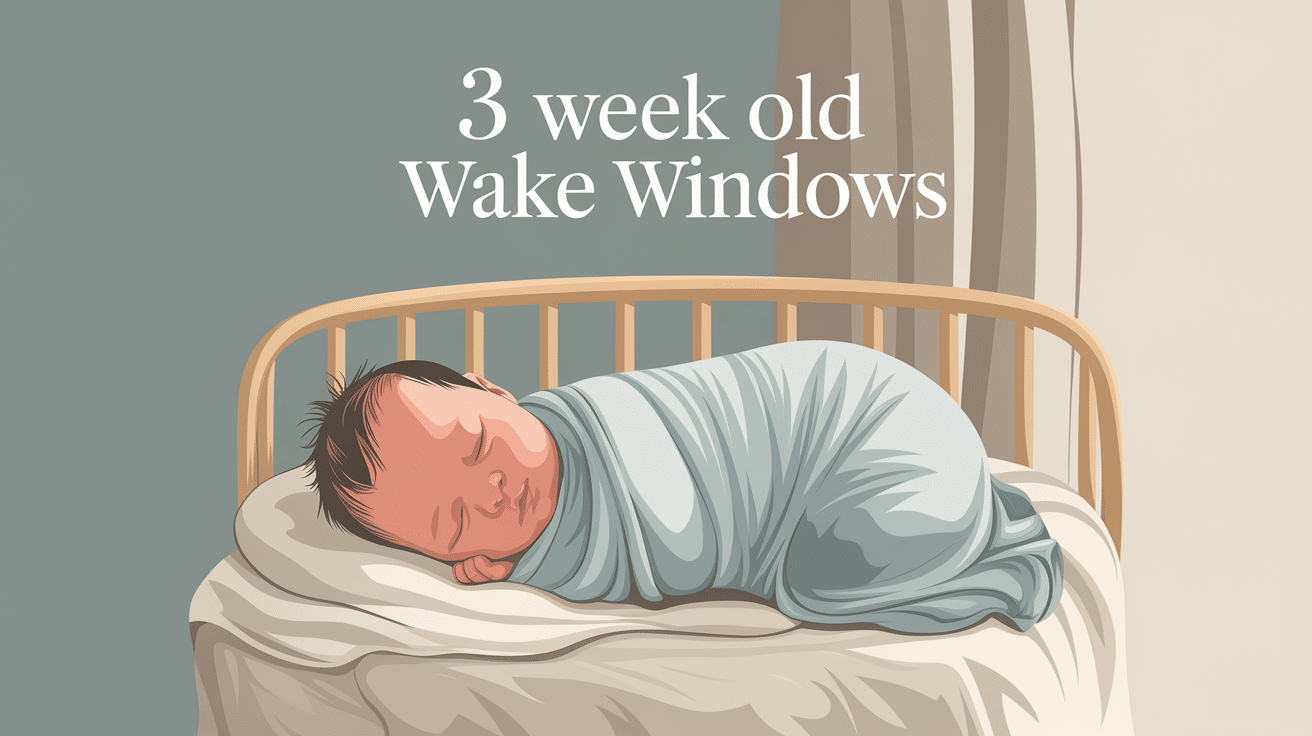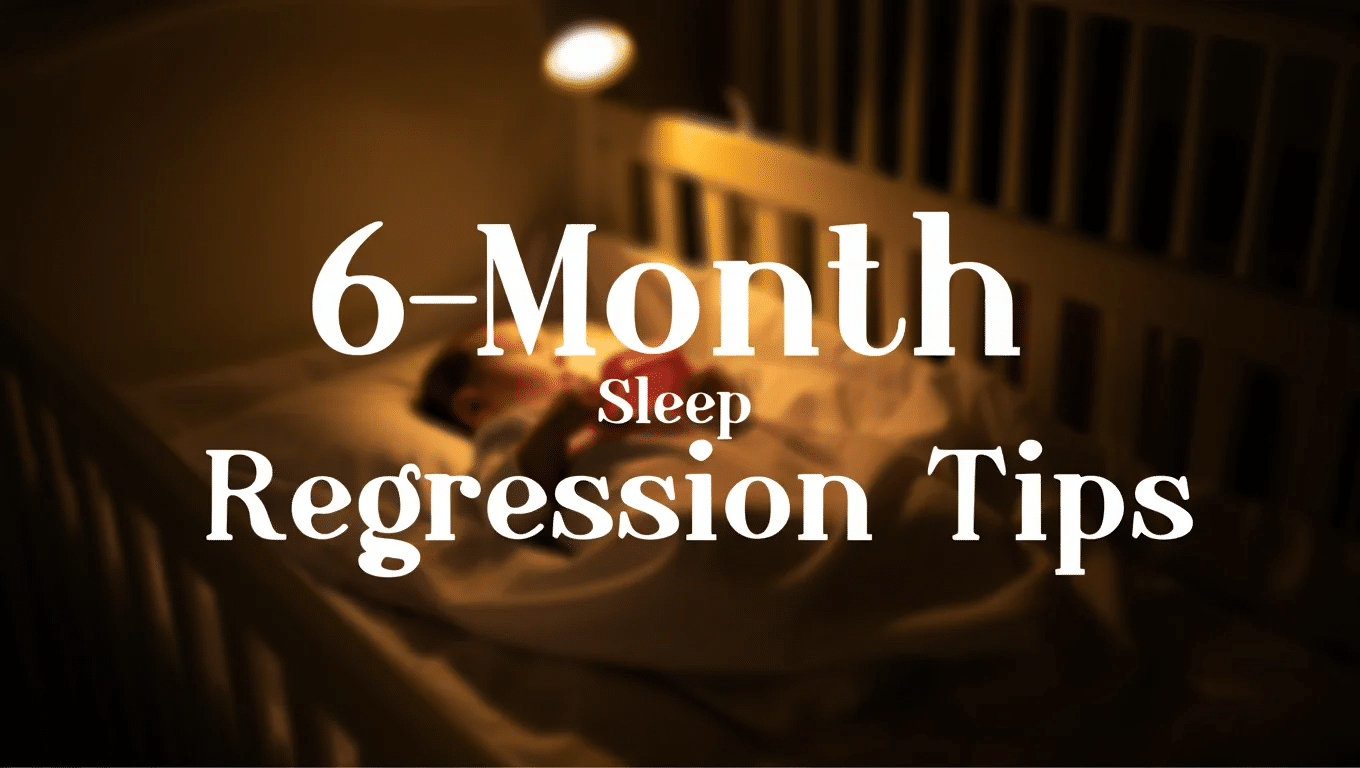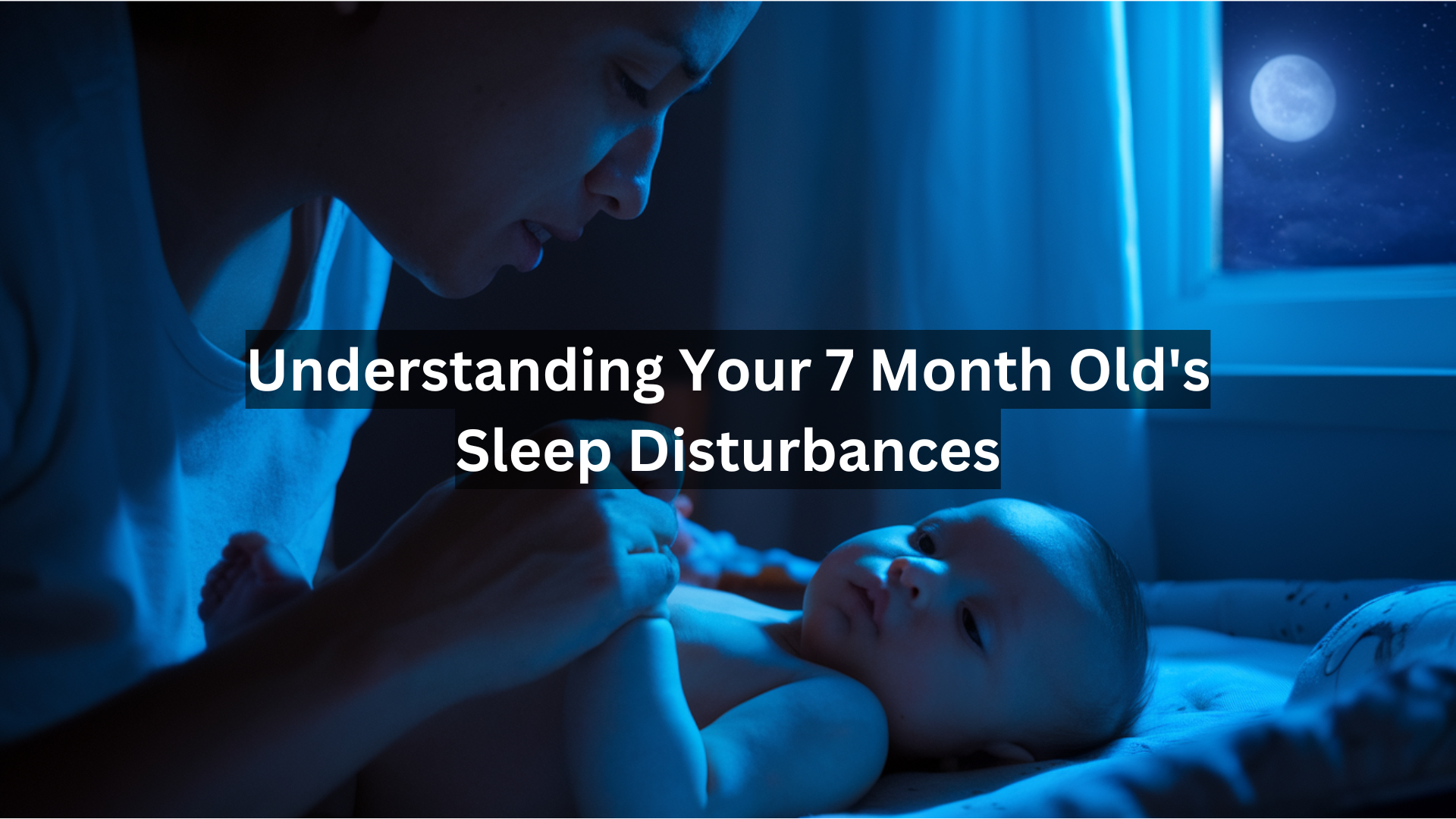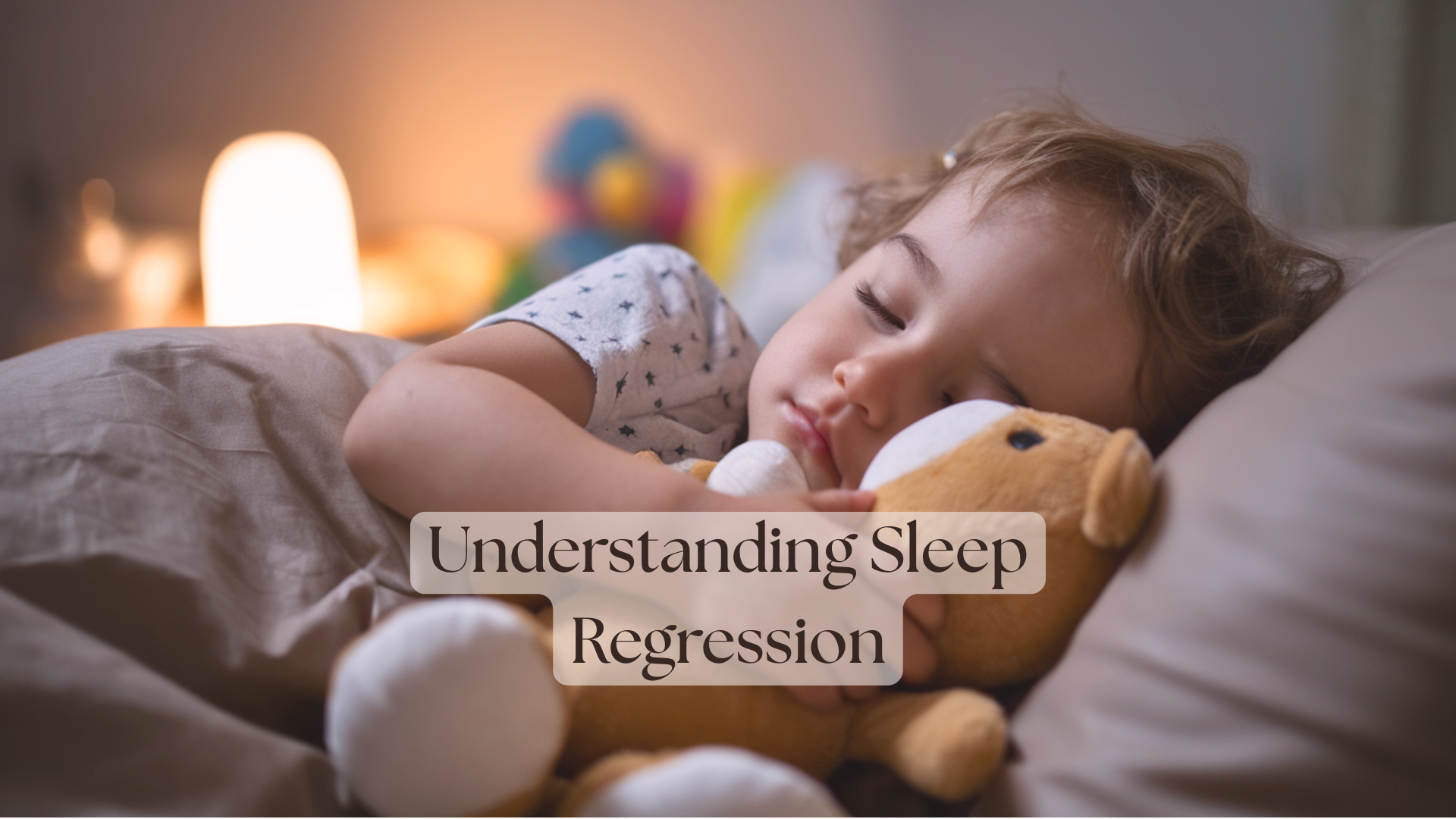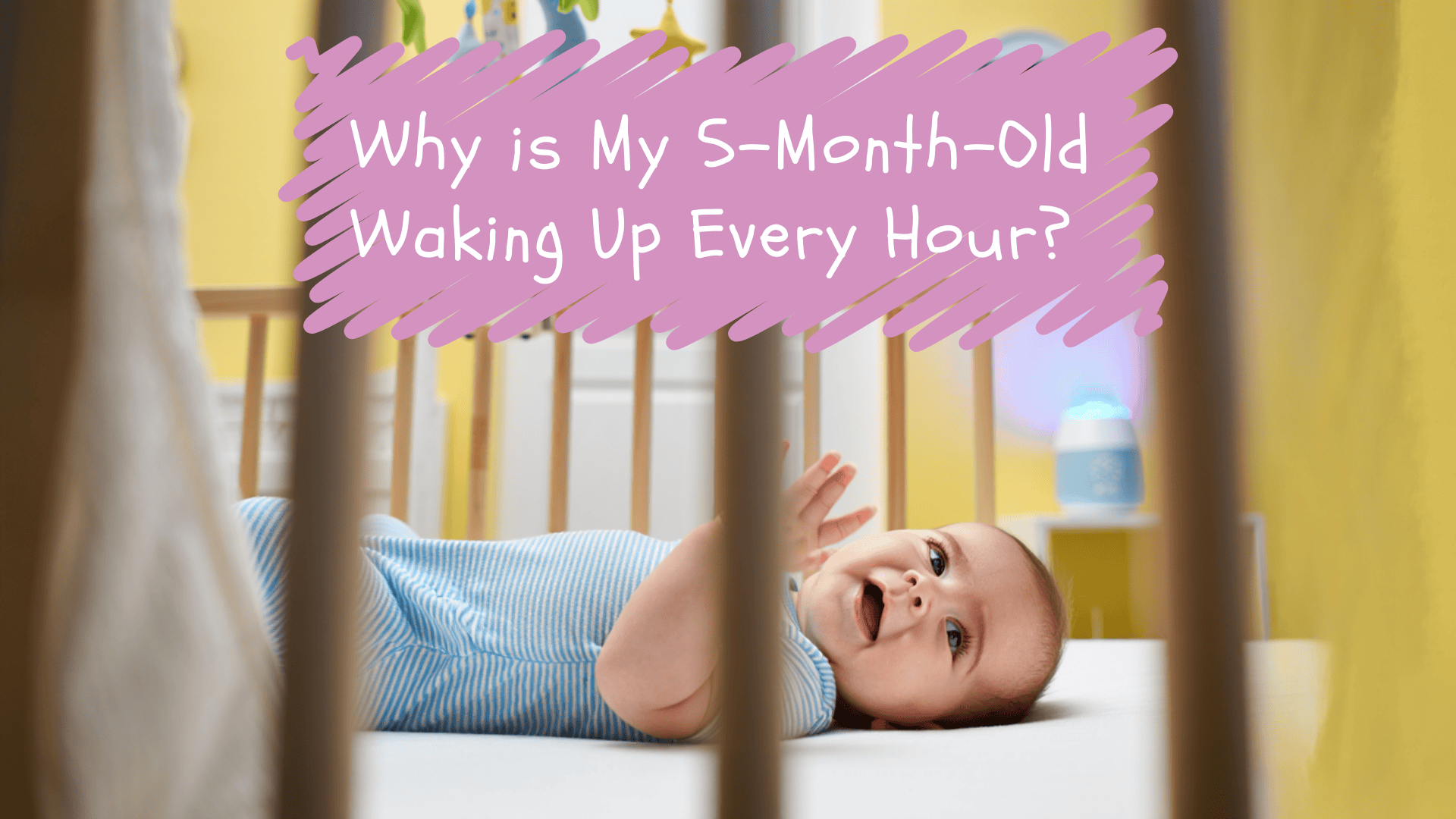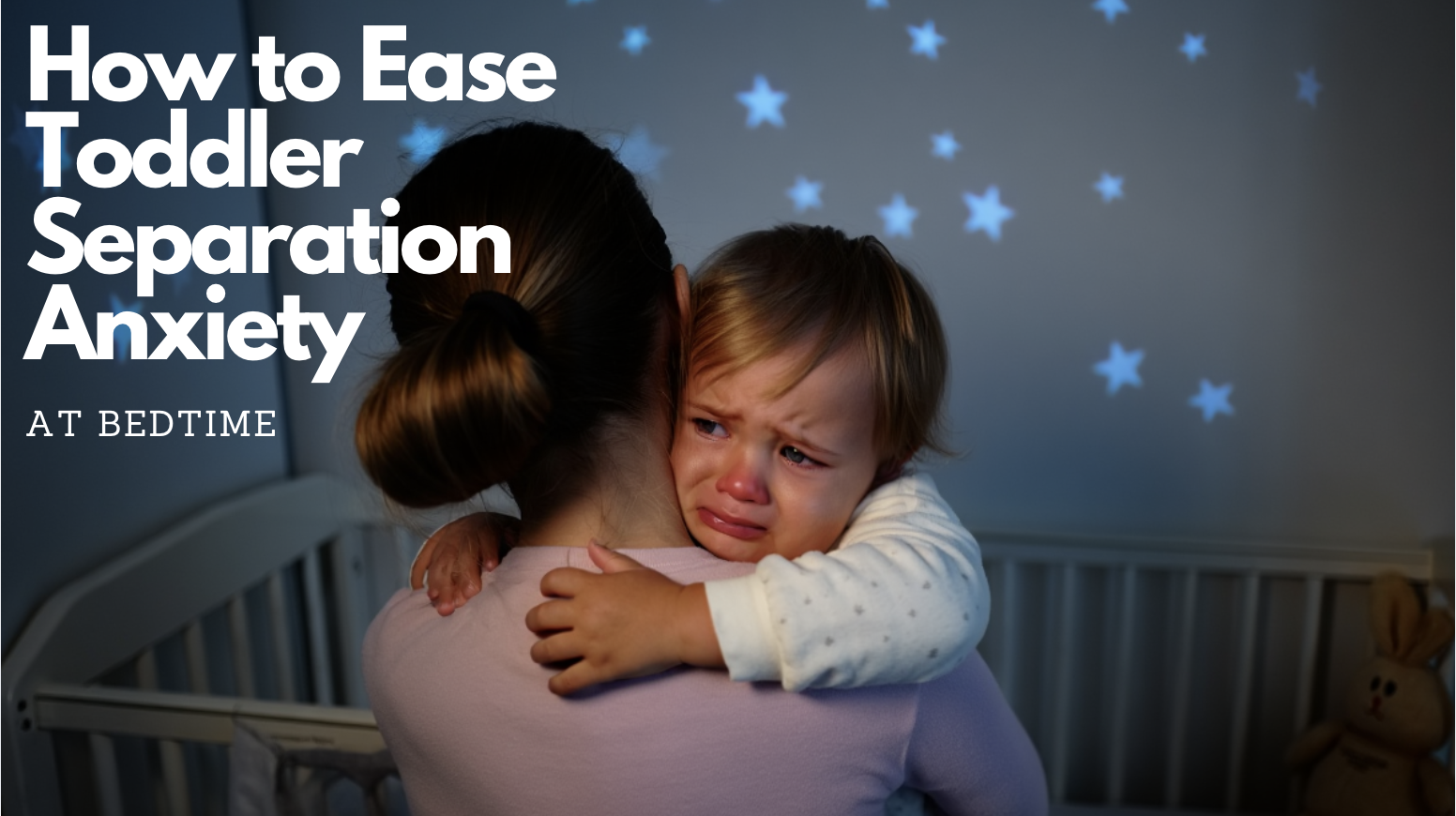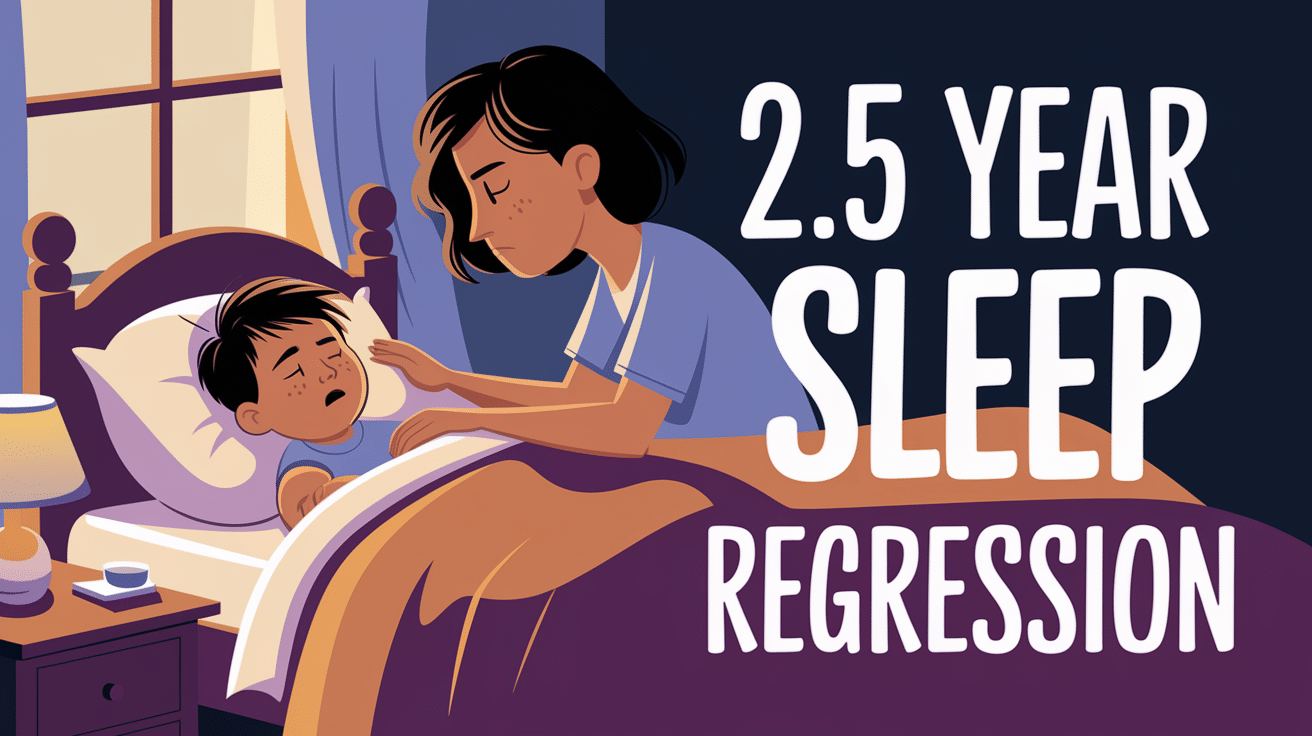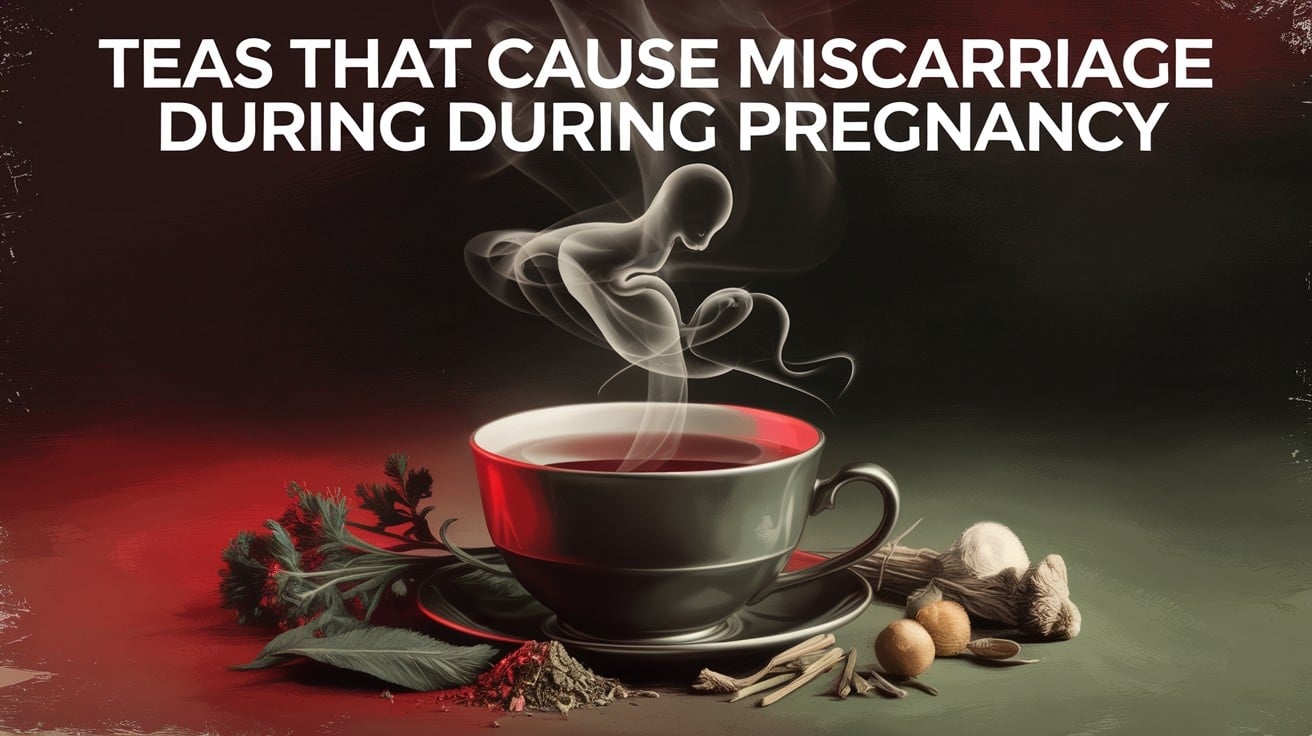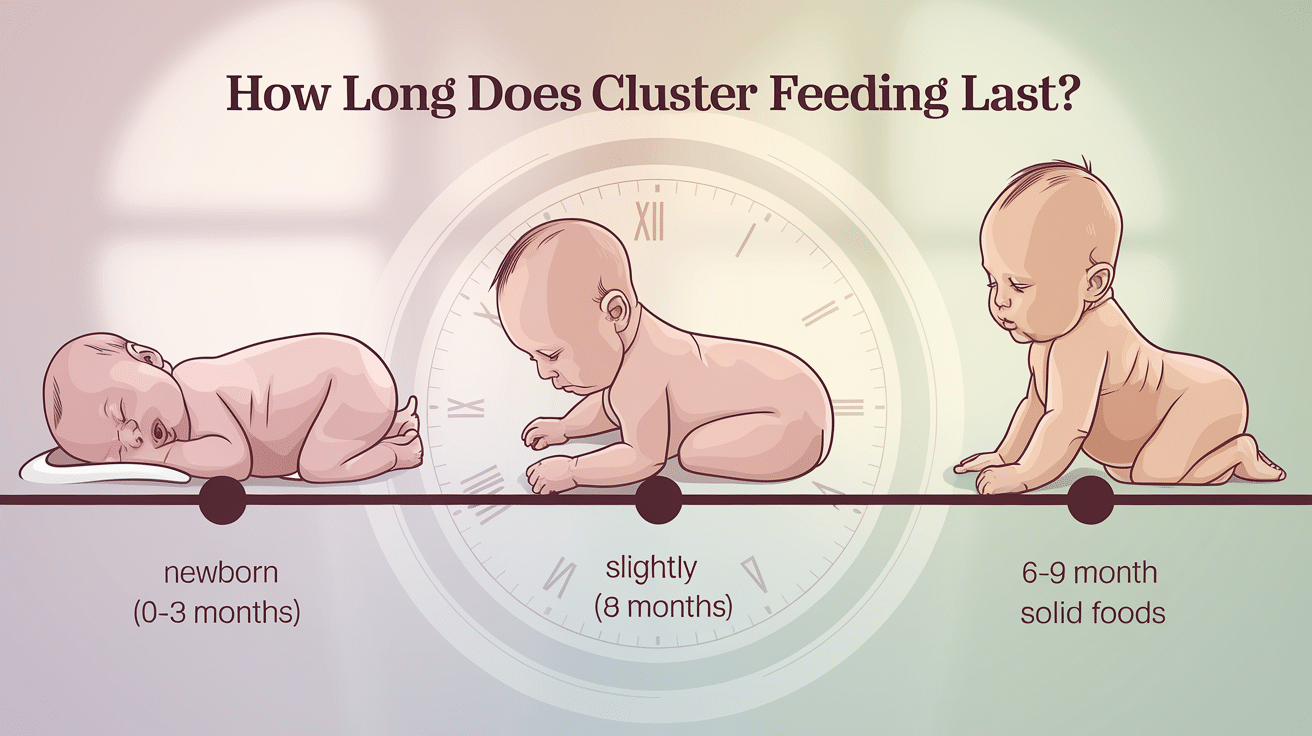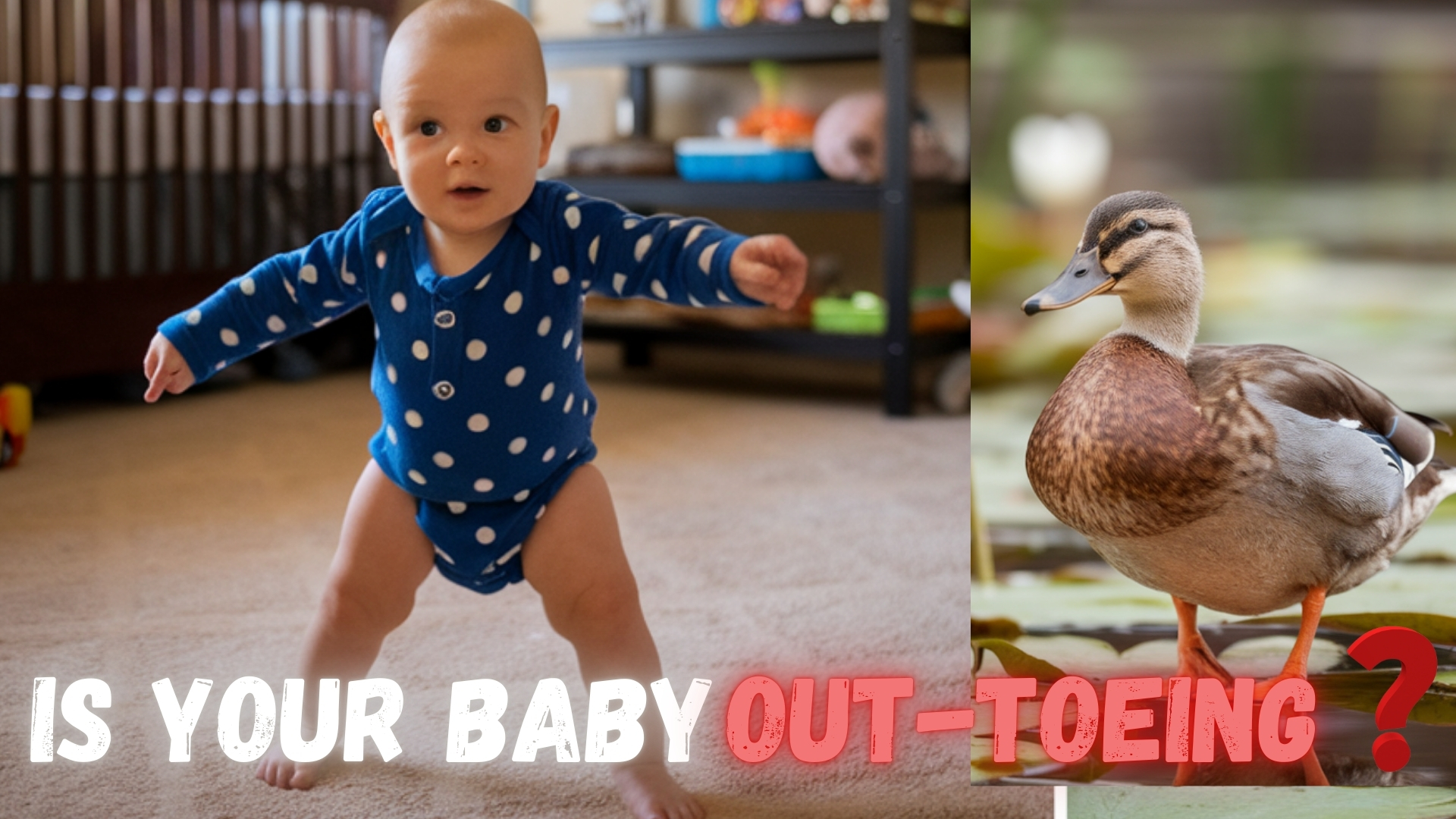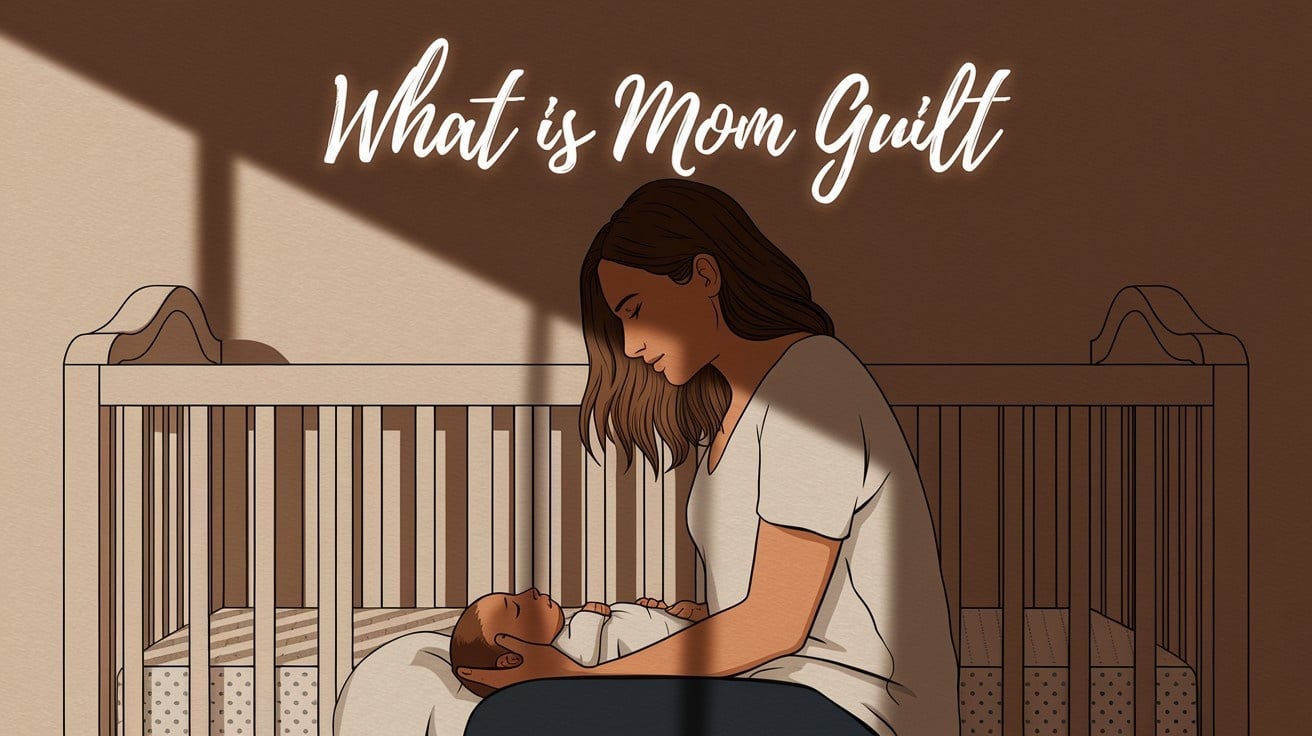
That nagging feeling you’re never doing enough? You’re not alone—welcome to mom guilt, the unpleasant companion of motherhood that affects an estimated 90% of mothers.
Mom guilt is the persistent feeling of inadequacy or self-criticism that mothers experience when they believe they’re falling short of expectations—such as working too much, not spending enough time playing, or not taking time for themselves.
This emotional burden crosses all socioeconomic backgrounds, cultures, and parenting styles. Modern mothers juggle countless responsibilities while facing unprecedented pressure from social media’s highlight reels of “perfect parenting.”
What many don’t realize is that this phenomenon has existed for generations, though today’s digital landscape has amplified its effects.
Understanding mom guilt is the first step toward developing healthier perspectives on motherhood—where good enough truly is good enough.
Mom Guilt: The Internal Tug-of-War
Mom guilt is the persistent feeling of inadequacy, doubt, and remorse experienced by mothers who believe they’re falling short of perfect parenting standards. It’s that nagging voice suggesting you should be doing more, better, or differently for your children.
This emotional burden typically surfaces during major transitions, such as returning to work after maternity leave, missing important moments due to other commitments, or taking personal time away from family responsibilities.
It’s often triggered by societal expectations, comparisons with other parents, and unrealistic standards portrayed in the media.
The core struggle of mom guilt stems from the constant internal conflict between fulfilling parental duties and maintaining personal identity.
Mothers feel torn between devoting themselves entirely to their children and preserving their own needs, careers, and relationships.
This tension creates a painful emotional tug-of-war where any choice can feel like a compromise or failure.
Common Triggers of Mom Guilt

Mom guilt strikes when mothers feel they’re failing to meet expectations. This powerful emotion can undermine confidence and joy in parenting.
1. Returning to Work After Maternity Leave
Many mothers experience overwhelming guilt when returning to work. They worry about missing important milestones and bonding time with their baby.
The conflict between career aspirations and maternal instincts creates a painful emotional tug-of-war. Remember that quality time matters more than quantity, and working provides benefits beyond financial security.
2. Choosing Formula Over Breastfeeding
The “breast is best” message can make formula-feeding moms feel inadequate. What truly matters is that your baby is nourished and thriving.
Every family’s circumstances are unique, and fed is always best. Modern formulas provide excellent nutrition, and the loving way you feed your baby builds the same crucial bonds.
3. Taking Time for Oneself
Self-care often triggers guilt for mothers who feel they should always prioritize their children. Yet a depleted mom cannot give her best to her family.
Short breaks renew your patience and energy. Your well-being directly impacts your ability to parent effectively.
4. Comparing to Other Moms
Social media showcases carefully curated moments rather than messy realities. These unrealistic standards fuel feelings of inadequacy.
Remember that most parents struggle with the same challenges behind closed doors. What truly matters is your unique trip with your child.
The Impact of Mom Guilt on Mental Health

Mom guilt often triggers a cascade of negative emotions that can evolve into clinical stress, anxiety, and depression. The constant pressure to meet impossible standards leaves mothers mentally drained and emotionally vulnerable.
The persistent feeling of inadequacy erodes self-esteem, making mothers question their abilities in all aspects of life. This diminished confidence extends beyond parenting, affecting professional decisions and personal relationships.
Mothers frequently report physical manifestations of this guilt, including disrupted sleep, tension headaches, and digestive issues. The mental burden translates to bodily symptoms that further impact overall well-being.
The cycle perpetuates as mothers compare themselves to carefully curated social media images of “perfect parenting.” These unrealistic benchmarks create a mental environment where satisfaction becomes impossible to achieve.
Is Mom Guilt Normal?
Mom guilt is absolutely normal. Nearly every mother experiences those nagging feelings of inadequacy or self-doubt at some point. Studies indicate that over 90% of mothers report experiencing guilt about their parenting choices.
This universal emotion crosses cultural and socioeconomic boundaries. Parenting experts emphasize that guilt often stems from unrealistic expectations mothers place on themselves.
Social media can amplify these feelings by presenting curated, seemingly perfect parenting moments.
Remember that feeling guilty doesn’t make you a bad parent—it actually signals how deeply you care about your child’s well-being. The most effective approach is to acknowledge these feelings without letting them dominate your experience of motherhood.
Most importantly, self-compassion serves as a powerful antidote to mom guilt. Treating yourself with the same kindness you’d offer a friend facing similar struggles can help break the cycle of unnecessary guilt.
Coping with Mom Guilt

Mom guilt is that persistent feeling that you’re not doing enough for your children. It strikes when you work late, take personal time, or can’t be everything to everyone. Reframing negative thoughts starts with challenging unrealistic expectations.
Remember that “good enough” parenting is actually optimal for raising resilient children. Setting boundaries protects your mental health and models healthy behavior. Your children benefit from seeing you value yourself.
Self-compassion means treating yourself with the same kindness you show others. Speak to yourself as you would a friend facing similar struggles. Connecting with other mothers normalizes your experiences and provides perspective.
These conversations remind you that perfect parenting is a myth. When communication is open and honest, partners can offer valuable support. Share your feelings without judgment and work together as a team.
Tips to Prevent or Reduce Future Mom Guilt!
Preventing mom guilt starts with building a supportive network of non-judgmental friends and family who validate your experiences and provide perspective when self-doubt appears.
Welcome the beautiful mess of motherhood by accepting that “good enough” parenting is actually ideal for raising well-adjusted children who see resilience modeled.
Replace perfectionistic tendencies with the same compassion you’d offer a friend, recognizing that impossible standards only steal joy from precious moments.
Make celebrating small wins a daily habit—like showing patience during a tantrum or getting through a tough day—and try recording these moments in a “joy journal” to remind yourself of your strengths whenever doubt arises.
Remember that vulnerability isn’t weakness but the foundation of a genuine connection that helps dissolve the isolation that often fuels maternal guilt.
When to Seek Professional Help?

Recognizing when mom guilt has crossed from occasional worry into something more serious is the first step toward healing.
Seeking professional support isn’t a sign of weakness but rather a powerful commitment to your well-being and your family’s happiness.
If you find yourself constantly comparing your parenting to others or setting impossibly high standards, your mental health may be suffering. Professional support becomes valuable when guilt feelings persist despite your efforts to address them.
If mom guilt is affecting your relationships with your children, partner, or friends, a therapist can provide perspective.
Counseling offers a safe space to explore underlying beliefs about motherhood and develop healthier thought patterns.
Many mothers find that even a few sessions can change their relationship with parenting by replacing judgment with compassion and realistic expectations.
Final Words
Mom guilt is the persistent feeling that you’re not doing enough for your children despite your best efforts.
It manifests in countless ways, from concerns about work-life balance to social media comparisons. The pressure to be perfect can be overwhelming.
Research shows that nearly 90% of mothers experience this emotion regularly. These feelings often stem from unrealistic societal expectations and cultural messaging about the “ideal mother,” which create impossible standards no one can meet.
Remember that acknowledging these feelings is the first step toward healing, and you’re doing better than you think—perfect parenting doesn’t exist.
You’re not alone in this trip, and support through parent groups, therapy, and self-compassion practices can make all the difference as you guide the beautiful, messy reality of motherhood.
If you’re interested in more informational content on mothers and babies, feel free toclick here and explore other blogs that you might enjoy.
















